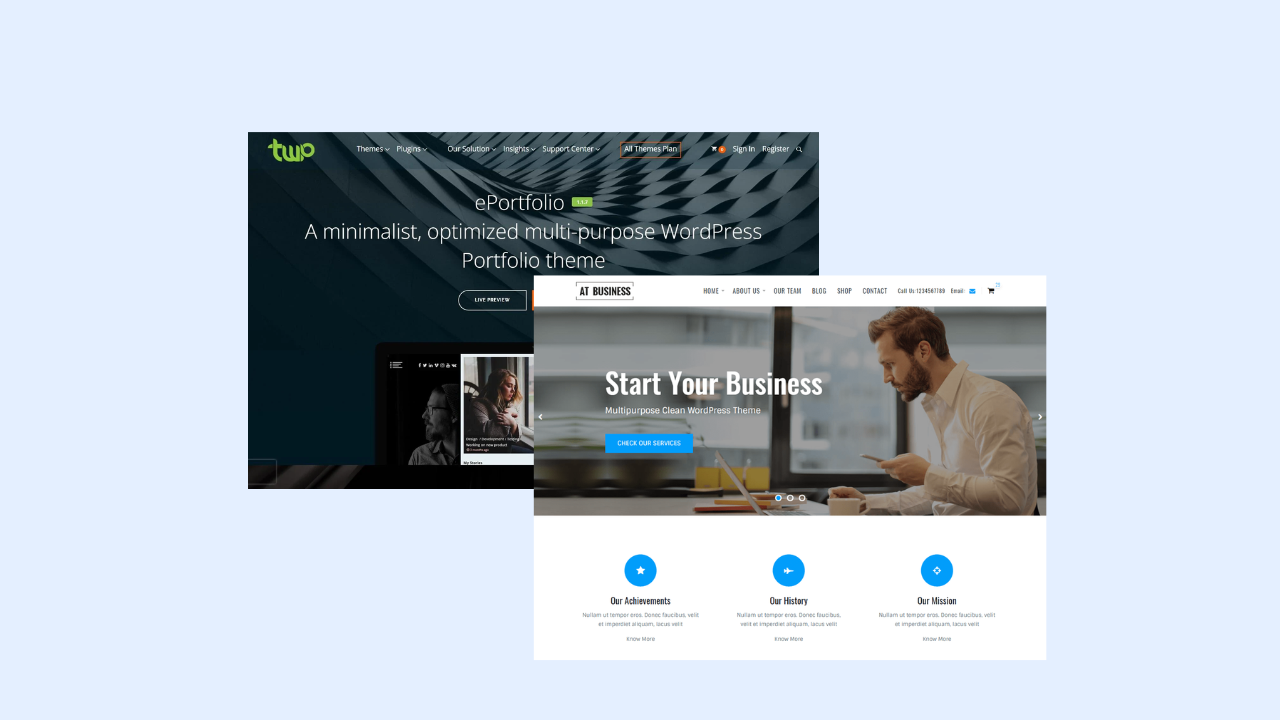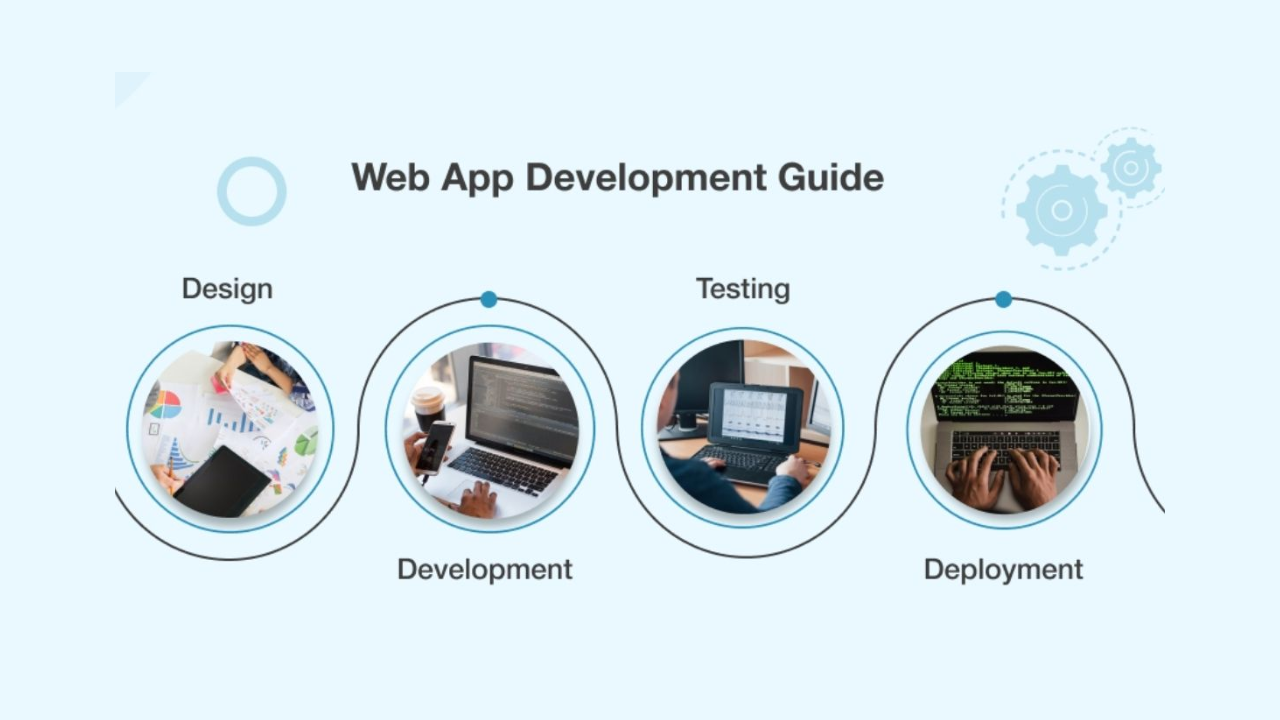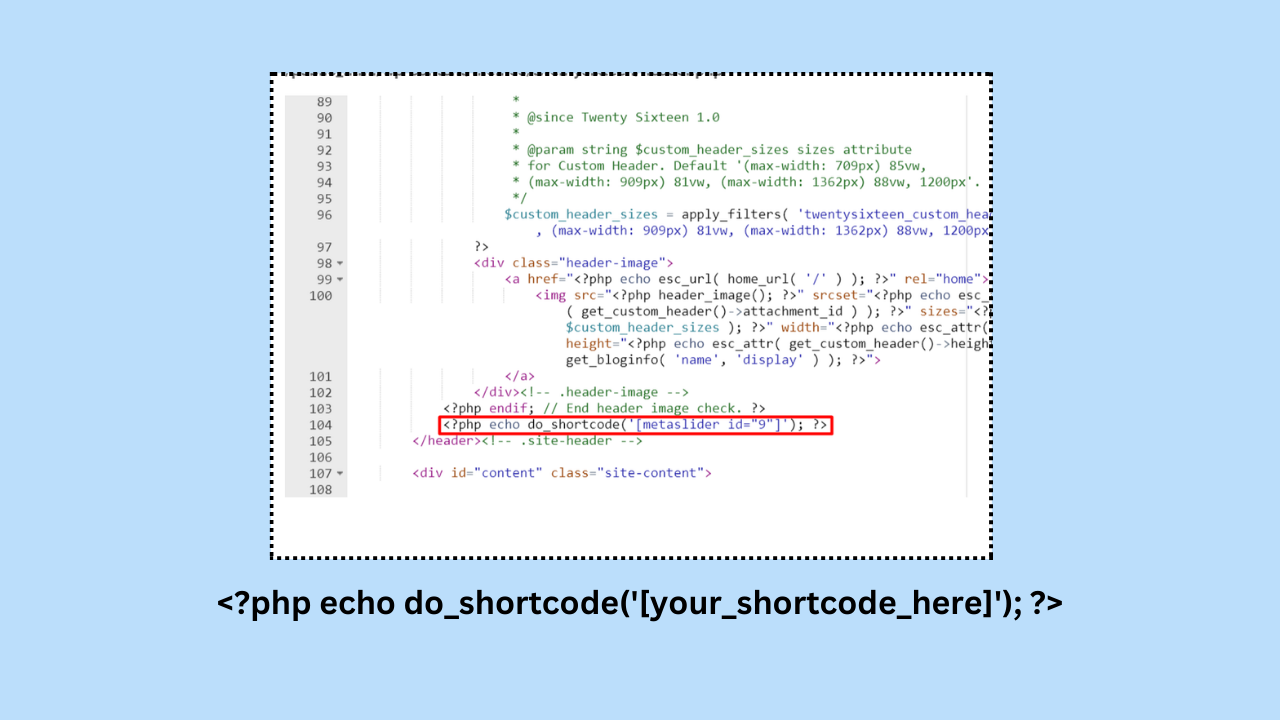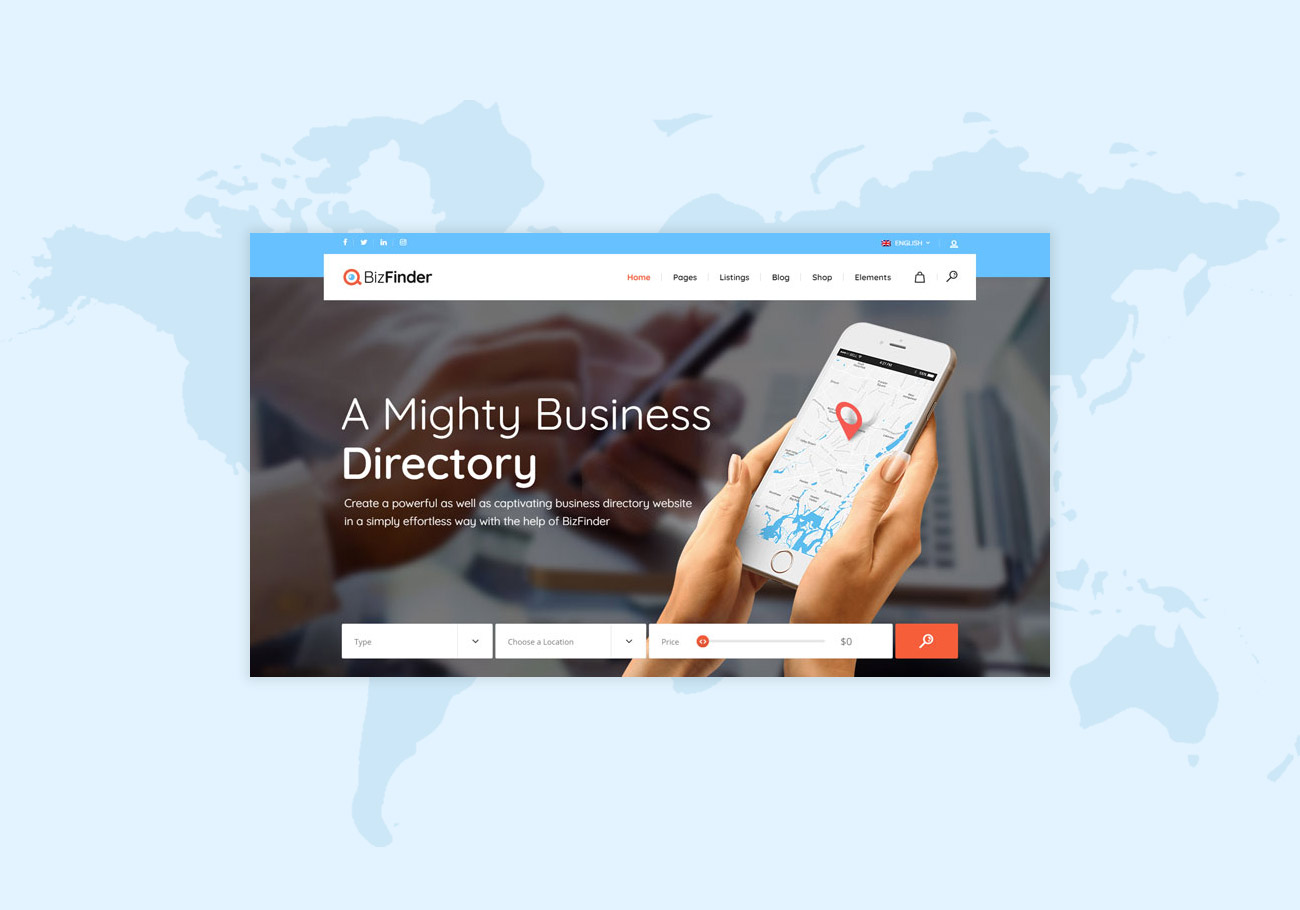Becoming a data consultant involves helping businesses make data-driven decisions and solve complex problems by leveraging data analytics and insights. Here’s a beginner’s guide to becoming a data consultant:
- Educational Background: Start with a strong educational foundation. A bachelor’s degree in a related field such as data science, statistics, mathematics, computer science, or business analytics is a good starting point. Many data consultants also pursue master’s degrees or certifications for a deeper understanding of data analysis.
- Develop Analytical Skills: Sharpen your analytical and problem-solving skills. Learn data analysis tools and languages like Python, R, SQL, and data visualization tools like Tableau or Power BI.
- Gain Practical Experience: Apply your knowledge through hands-on projects. Work on real-world datasets to understand data cleaning, data manipulation, and data visualization. Participate in Kaggle competitions or other data science challenges.
- Build a Portfolio: Create a portfolio showcasing your data analysis projects. Include explanations of the problems you solved, the methods you used, and the insights you gained. A strong portfolio will demonstrate your expertise to potential clients.
- Domain Knowledge: Specialize in a specific industry or domain. Gaining expertise in a particular field, such as healthcare, finance, or e-commerce, can make you a more valuable consultant in that industry.
- Communication Skills: Effective communication is crucial as a consultant. You need to explain complex data findings to non-technical stakeholders. Improve your presentation and storytelling skills to convey insights clearly and persuasively.
- Networking: Build a professional network in the data analytics field. Attend industry events, conferences, and meetups to connect with potential clients and colleagues.
- Freelancing or Employment: Decide whether you want to work as a freelance data consultant or as an employee in a consulting firm. Freelancing offers more independence, while employment provides a structured environment and mentorship.
- Legal Considerations: If you decide to freelance, consider legal aspects like contracts, liability, and taxes. Consulting may require business registration, contracts, and professional liability insurance.
- Continuous Learning: Stay updated with the latest data analytics tools and techniques. The field is constantly evolving, and continuous learning is essential to remain competitive.
- Certifications: Consider obtaining relevant certifications such as Certified Data Analyst (CDA), Microsoft Certified Data Analyst, or Google Data Analytics Professional Certificate.
- Market Yourself: Create a professional website or LinkedIn profile to showcase your skills and services. Marketing yourself effectively is key to attracting clients.
- Offer Value: As a data consultant, your primary goal is to offer value to your clients. Understand their needs, identify their pain points, and use data to provide solutions.
- Testimonials and References: Gather testimonials and references from satisfied clients to build trust and credibility.
- Ethical Considerations: Always adhere to ethical guidelines when handling data and ensure compliance with data privacy regulations (e.g., GDPR).
Starting a career as a data consultant may take time, but with dedication and the right skills, you can build a successful consulting practice. Remember that the field of data analytics is dynamic, so staying adaptable and continuously learning is crucial for long-term success.










